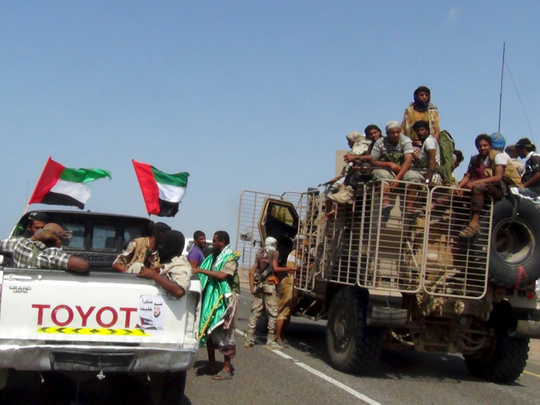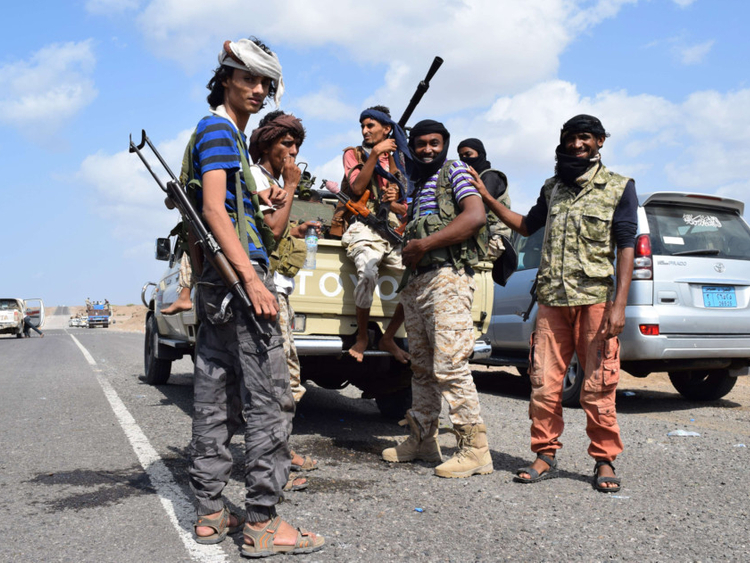
Geneva: The Human Rights Council voted by consensus for a proposal by Saudi Arabia that calls for Yemen to receive “technical assistance” on improving human rights on Friday.
The UN estimates that more than 2,300 civilians have died since fighting escalated in the poor Arab Peninsula country in March.
The measure that passed Friday came after Dutch diplomats this week abandoned a separate proposal calling for an international fact-finding mission in Yemen.
The Saudi-led proposal calls on Yemen’s government to take measures to protect civilians, and calls on armed militia groups to release political prisoners. It asks the UN human rights chief to report next year on the situation — though no debate on the matter is so far planned.
The United States, which has supported the Saudi-led military campaign notably with midair refuelling aircraft, initially supported the Dutch resolution but also said it was seeking compromise.
US Ambassador Keith Harper decried the “terrible humanitarian toll” carried out by all sides in the conflict, and said the US would support further action by the council if human rights don’t improve in Yemen.
The resolution came on the last day of the 30th session of the 47-member council, which was created in 2006 to keep an international spotlight on rights abuses on around the world — even if it cannot compel countries to act.
Separately Friday, Unicef said that at least 505 children have been killed in Yemen, more than 600 have been recruited as child soldiers, and 1.7 million are facing the risk of malnutrition as infrastructure crumbles. During the six months since air strikes targeting Yemen’s Iran-backed Al Houthi militants began in March to defend embattled President Abd Rabbo Mansour Hadi, at least 505 children have died and 702 have been injured, said Christophe Boulierac, spokesman for the UN children’s agency.
“These are conservative figures,” he told reporters in Geneva.
He said the children were being killed in the bombing campaigns but also amid street fighting.
“The situation for children is deteriorating every single day, and it is horrific,” Boulierac said, urging all parties with influence to bring an urgent end to the violence.
He also lamented a sharp increase in the recruitment of children as fighters in the war-ravaged country, with 606 verified cases so far this year.
That is four times the 156 cases verified in 2014, he said.
“Children in Yemen are being used by armed groups, manning checkpoints or carrying arms,” he said.
In the impoverished country, where 80 per cent of the population is under 18, some 10 million children are in desperate need of humanitarian aid, Boulierac said.
The dire humanitarian situation, along with underfunding of aid organisations and difficulty accessing those in need could prove deadlier for Yemen’s children than the violence, he warned.
“We know that more children (could) die from preventable disease than from bullets and bombs,” he said.












